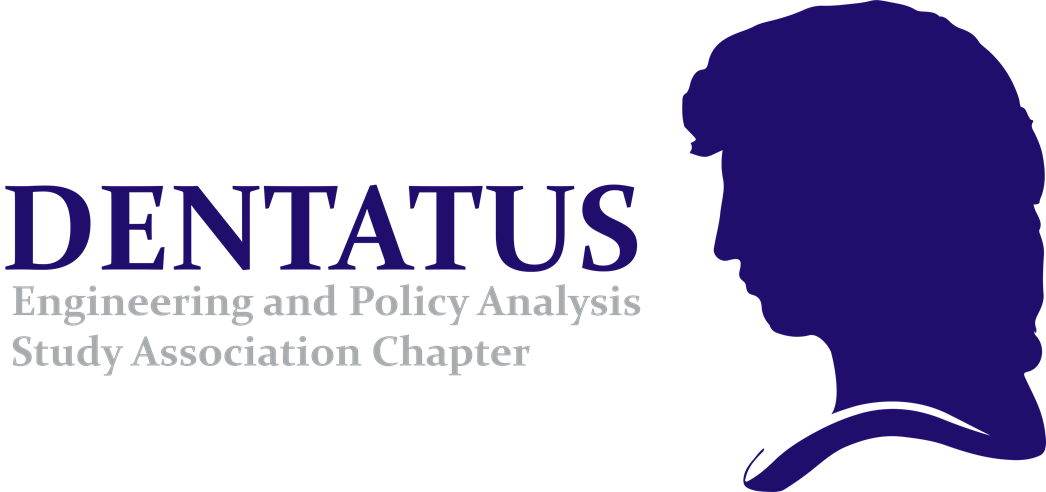

Tell us a bit about youself!
Where did you grow up?
I grew up in a town called Port Macquarie in regional New South Wales, Australia. It’s beach town about 5 hours north of Sydney and is the Koala Capital of Australia.
What is your interest growing up?
I desperately wanted to be an Egyptologist or Archaeologist growing up, even to the point of doing some summer classes in it at the university when I was in school. Sadly (fortunately?) reality hit as a high school student and I ended up in Chemical Engineering.
Share that quirky side of yours, what is it?
I’ve got an almost encyclopaedic knowledge of cocktails and cocktail making, a skill that came very much in handy over the last year while bars were closed! I’m also a serial committee member, have consistently held an executive positions in one committee or another ever since my first year of uni.
Why EPA?
What is your experience prior to joining EPA?
Before studying EPA I was for five years working for a company called Sydney Water, which is the largest urban water utility in Australia. I worked in water quality, wastewater engineering, urban planning, and eventually ended up working on water master planning and drought strategy. Before that I’d done internships in the chemicals industry and in mining, while I was studying my bachelors in chemical engineering and finance.
What led you to joining EPA? Your expectations of EPA?
I knew from back at uni that I wanted to do a master’s in public policy, but was struggling to find a program that I felt fit well with an engineering background. A colleague who’d done their Erasmus at TU Delft recommended that I check out the uni, and that was when I found the EPA program. The course had an infrastructure governance specialization, and I appreciated the way the programme blended the softer policy aspects with more qualitative analytical techniques.
How does it align with your interest(s), are the expectations met?
So far the course has been really challenging, but I feel it is shifting how I think about the policy process. I had had some experience with it through my work, but the programme is starting to help me identify motivations behind different actors and look at alternative ways of understanding grand challenges. I was surprised by the amount of programming involved in the course, and had assumed that there would be more modelling with off the shelf programs, so it’s been a very steep learning curve for someone without a computer science background, but I am learning some useful and transferable skills.
What is the most exciting opportunity that you have been working on since EPA?
Still early days, I don’t feel like I have any big projects yet to report back on – ask me again in a year and I can tell you about my thesis though :)
After EPA
How would you describe the impact you’d like to make after EPA?
I’m not sure exactly where I’ll be working, but I’ll hopefully be working on some of the intractable problems related to (under)investment in critical infrastructure resilience. I’m fortunate enough to have a job waiting for me back in Australia, so I’m hoping I can bring some of the smarts from the EPA program back into the Australian water industry at some point.
And any messages, advice to current/ prospective EPA students out there?
Definitely for prospective students make sure your Python skills are up to scratch, I’d recommend taking a bridging course if you don’t have a programming background (or if you haven’t done programming recently – my Matlab/VBA skills from my undergrad were completely forgotten). That and I’d recommend setting up a good time management plan before Q3 – you’re going to be very busy!
